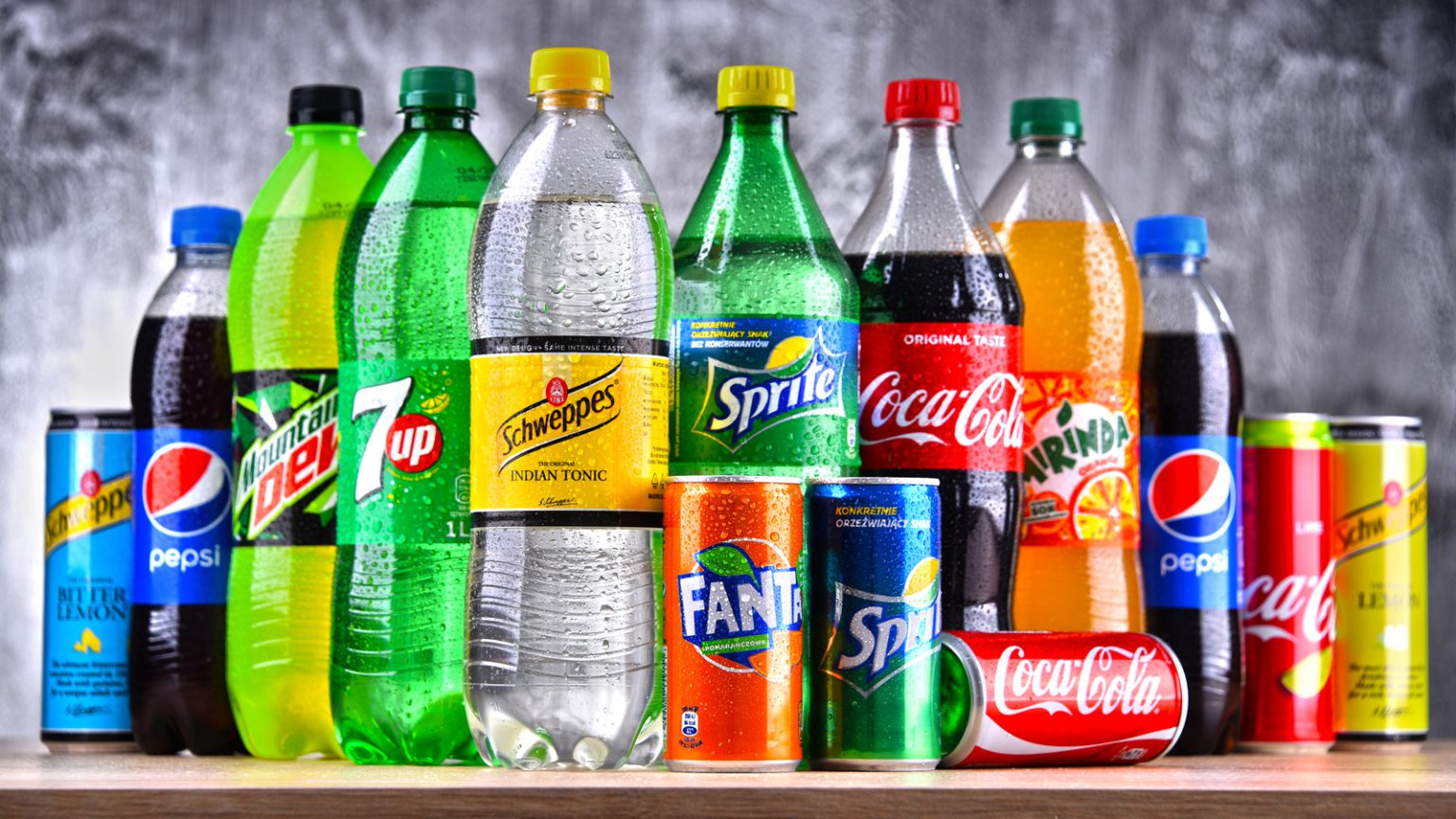By Opeyemi Ibitoye
The latest data from the World Obesity Federation (WOF) show a significant increase in the prevalence of obesity in Nigeria and the rest of the world in the past decade. For instance, the data – published on the WOF website – projects that by 2035, 1.9 billion people out of an estimated global population of 8.8 billion will be living with obesity, almost 400 million of whom will be school-age children. In total, over 4 billion people, or one in every four persons, will be overweight or obese.
In Nigeria alone, the WOF estimates that 8.2 per cent of Nigerians are obese. World Health Organisation (WHO) projections might even be higher. As of 2020, the WHO estimated that there were more than 21 million overweight and 12 million obese people in the Nigerian population aged 15 years or older, accounting for an age-adjusted prevalence of about 20 per cent and 12 per cent, respectively. This should be a major cause for concern considering the country’s rising non-communicable diseases (NCDs) burden. According to Nigeria’s National Health Accounts, the government spends over ₦384.4 billion (US$1.26 billion) yearly on managing NCDs.
Simply put, obesity results from consuming more calories than the body can burn through daily activity. Over time, these excess calories accumulate and contribute to weight gain. Various studies have shown that obesity is the major predisposing factor for NCDs. Excess calories are often found in Sugar-Sweetened Beverages (SSBs), commonly referred to as soft drinks. Evidence from several studies shows that excessive consumption of added sugar is one of the risk factors predisposing individuals to diabetes. SSBs, as a major source of excessive sugar, were ignored until recently. Soft drinks are readily available, easily accessible, and affordable across the country. A litre of these drinks contains up to 14 cubes of sugar. Nigeria is reputed as the 4th highest consumer of SSBs in the world.
Concerned about the health burden of these drinks and in line with global recommendations, the Nigerian government introduced a N10 per litre levy on SSBs in June 2022 through the Finance Act, aimed at reducing habitual SSB consumption. This praiseworthy effort, albeit inadequate to effect the desired consumer behavioural change, has sparked hostility from the SSB industry, which prioritizes profits above public health.
To support the government’s policy initiative aimed at safeguarding the health of Nigerians and exerting pressure on the SSB industry to considerably lower the amount of added sugar in its products, a pan-African not-for-profit, Corporate Accountability and Public Participation Africa (CAPPA) has led an extensive campaign across various levels of policy engagement and embarked on a public awareness drive.
CAPPA is urging the government to increase the SSB tax rate from N10/litre to N130/litre, following evidence from a simulation study of the potential fiscal and public health effects of such an increase. The study projects that an upward review of the SSB tax to a N130 levy per litre would not only greatly reduce SSB consumption but also promote the health of Nigerians and potentially raise about N729 billion in tax revenue for the government. Conducted in Nigeria in 2023, the study’s findings were released in February 2024 to aid policymakers in making well-informed decisions using data specific to Nigeria. The findings, in correlation with the global outlook from the WOF, also shatter the myth that obesity is associated only with high-income countries.
According to the WHO, low-and middle-income countries face a double burden of malnutrition. While these countries, including Nigeria, continue to deal with the problems of infectious diseases and undernutrition, they are also experiencing a rapid upsurge in NCD risk factors such as obesity and overweight. In Nigeria, urbanization drives the consumption of unhealthy foods. Poorer households are more likely to prioritize meeting energy requirements over nutritional quality, spending their money on less expensive items that are high in calories but offer little to no nutritional value. Urban dwellers have more supermarkets and fast-food chains, which provide a ready and abundant supply of ultra-processed foods, as well as energy-dense snacks and SSBs. Consequently, the prevalence of unhealthy diets is increasing among both rural and urban populations, leading to higher obesity rates in the country.
Youths and young Nigerians, who traditionally constitute the highest SSB-consuming demography, make up around 70 per cent of the population with an average age of 18 to 40. Addressing their struggles with unhealthy dietary habits is crucial, particularly through measures such as the SSB tax. This intervention could significantly enhance their prospects of leading meaningful lives and avoiding the burden of NCDs in later years. Also, as Nigeria confronts these challenges, the collaborative efforts of all stakeholders will be essential. By fostering a culture of health consciousness through intentional policy efforts like the SSB tax, the nation can pave the way toward a healthier future for all its citizens.
Ibitoye is a Programme Officer at Corporate Accountability and Public Participation Africa (CAPPA).


